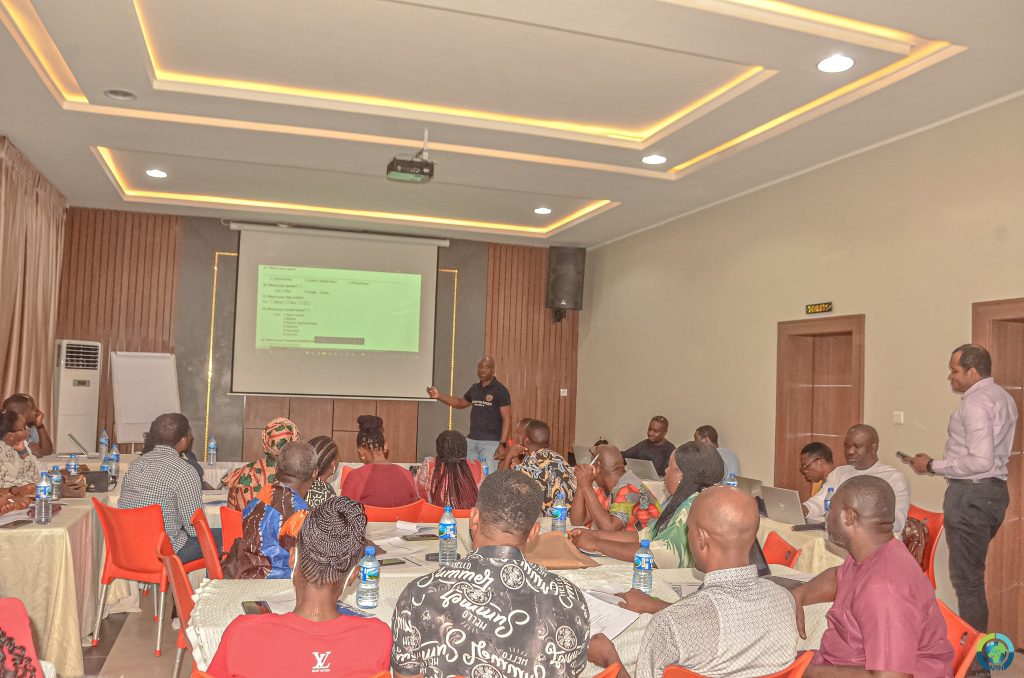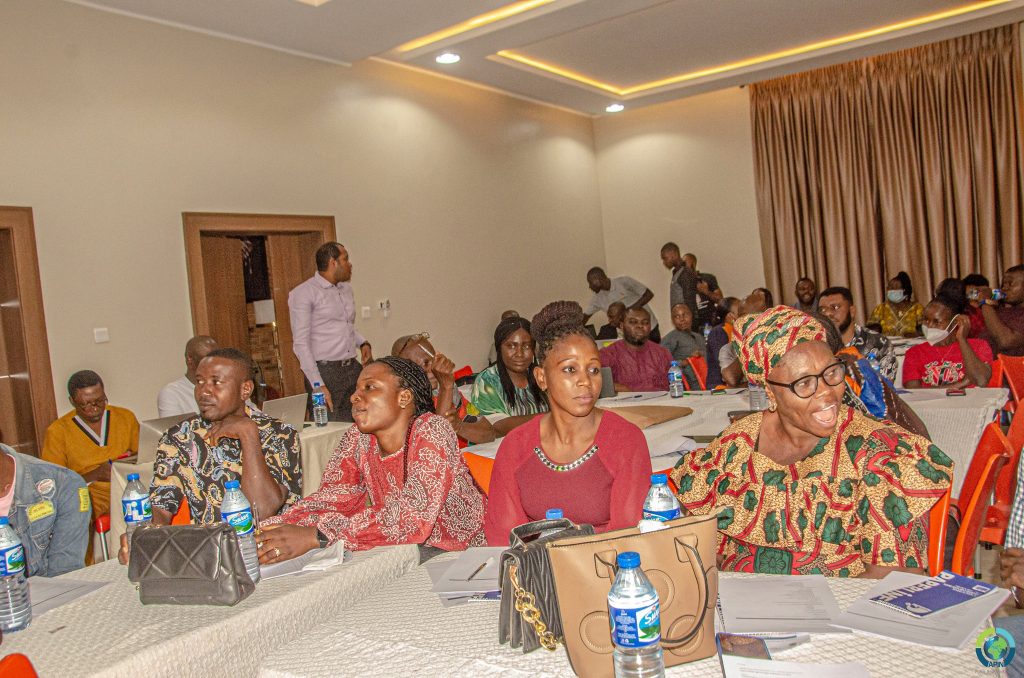- 02092915437
- info@apin.org.ng
APIN Expands Focus To New Demographic: Trains Health Workers On The Integrated Management of Older Adults Living With HIV (IMOLA)
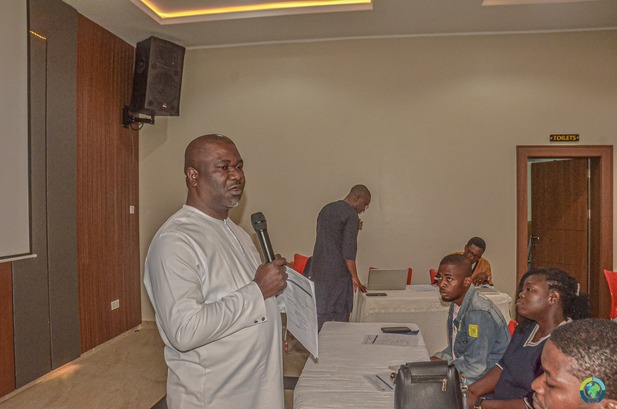
As more People Living with HIV (PLHIV) grow into old age, we at APIN Public Health Initiatives recognize that they may face a unique set of challenges.
With the widespread availability of highly active antiretroviral therapy (HAART), people living with HIV (PLHIV) are surviving and living longer, leading to an increasing demographic shift towards older adults living with HIV.
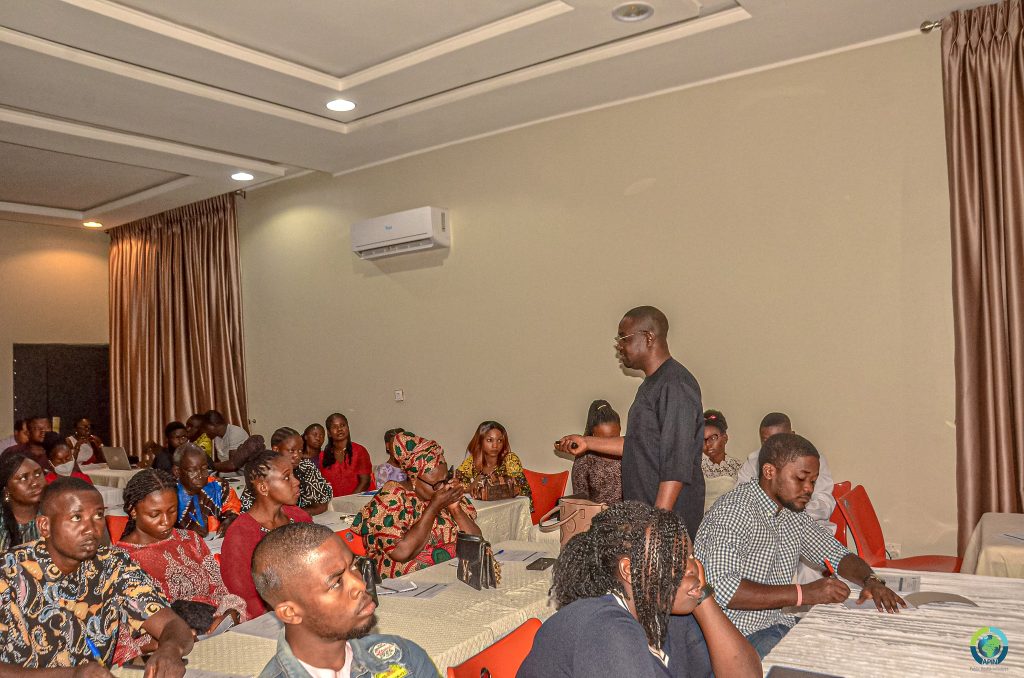
As a step towards enhancing the quality of care for these older adults living with HIV, APIN Public Health Initiatives has provided training to health workers from six supported facilities across Benue State on the Integrated Management of Older Adults Living with HIV (IMOLA).
The IMOLA Study will adopt a facility-based approach to collect data aimed at strengthening the delivery of community HIV services to this demographic of older people and improving ageing-related clinical outcomes.
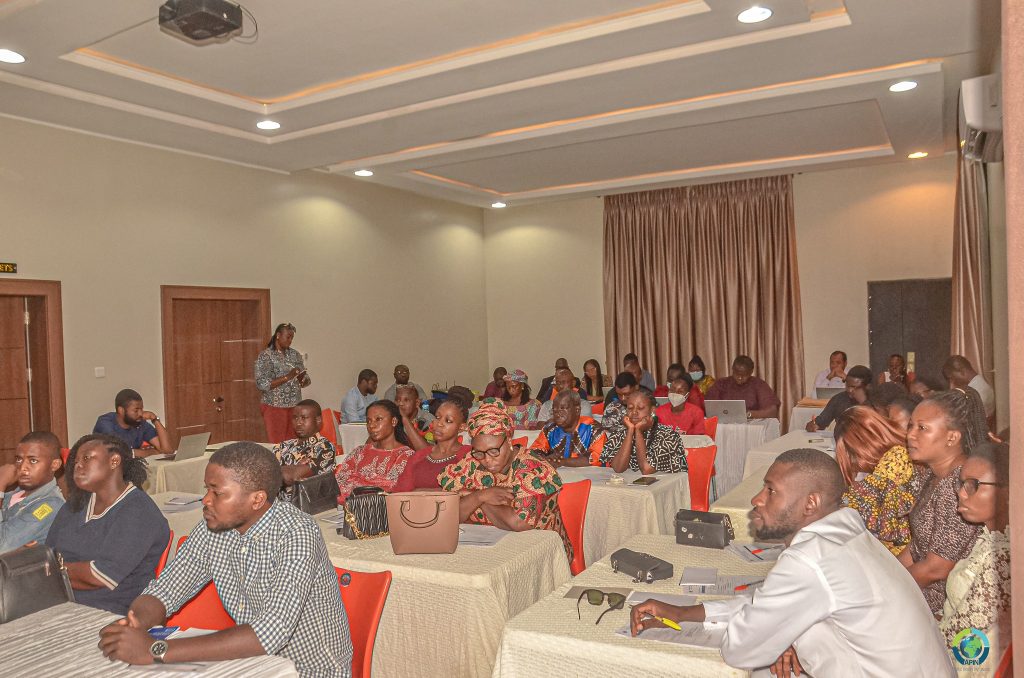
Speaking on the importance of the study, Dr. Oluseye Ajayi, one of the lead authors, and Dr. Kelechi Ngwoke, APIN Benue Head of Office, outlined the key components of the assessment and challenges faced by older PLHIV which include social isolation and inadequate support systems.
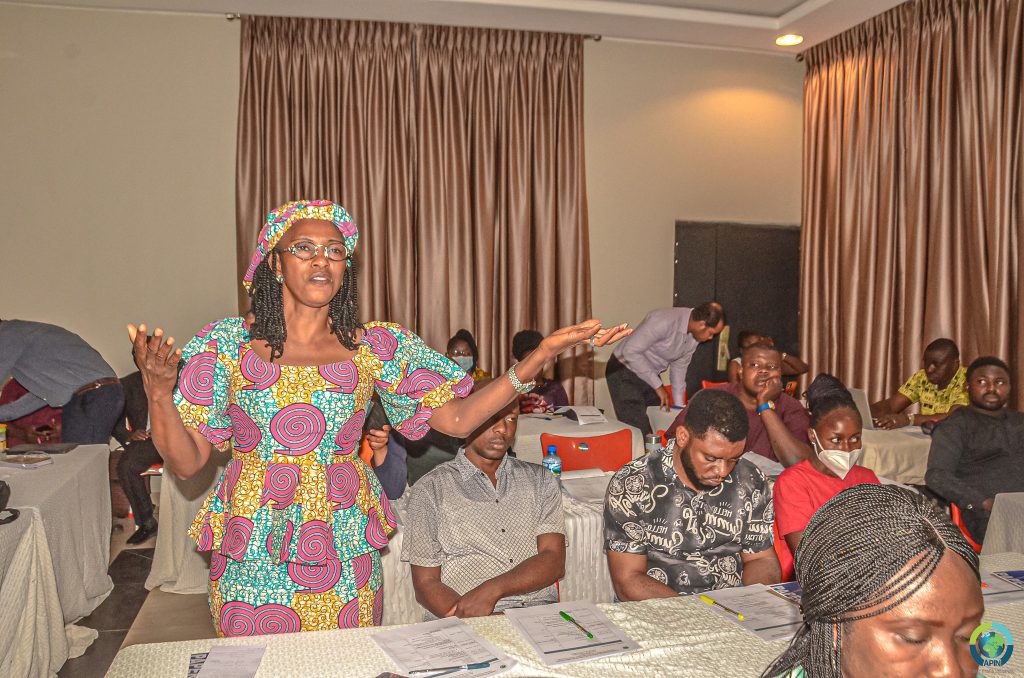
In light of these challenges, the IMOLA study aims to explore strategies to improve the care of older adults living with HIV in Nigeria, particularly in Benue State. This study is timely and adds value to the existing HIV Treatment Program by addressing the unique needs of this vulnerable population.
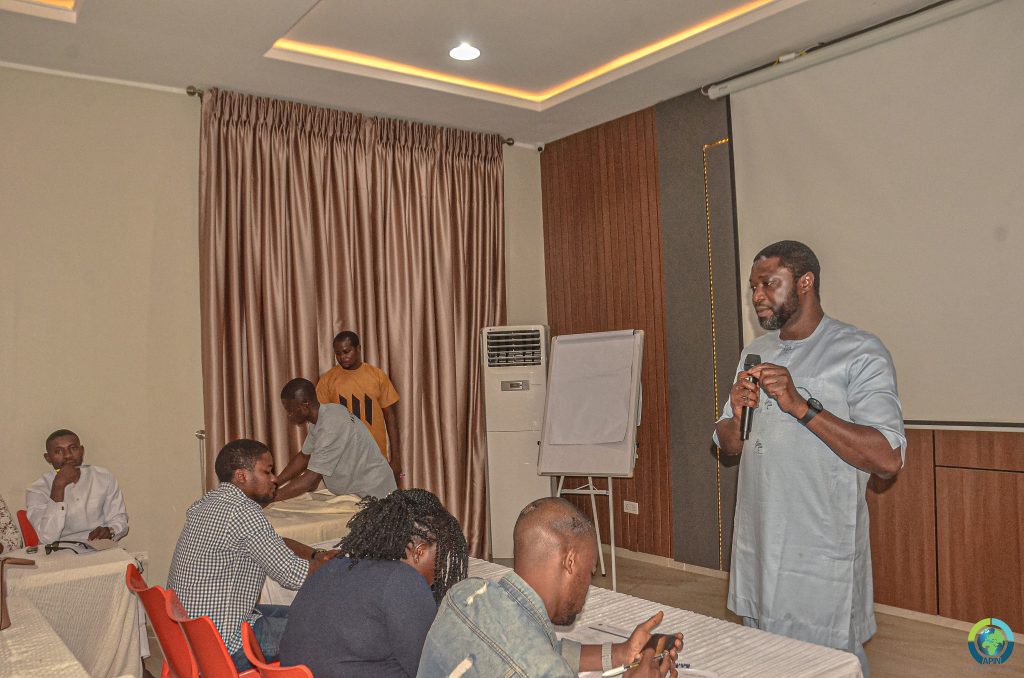
This is a great step towards achieving enhanced healthcare services tailored to the needs of older adults living with HIV, ultimately improving their quality of life and health outcomes.
